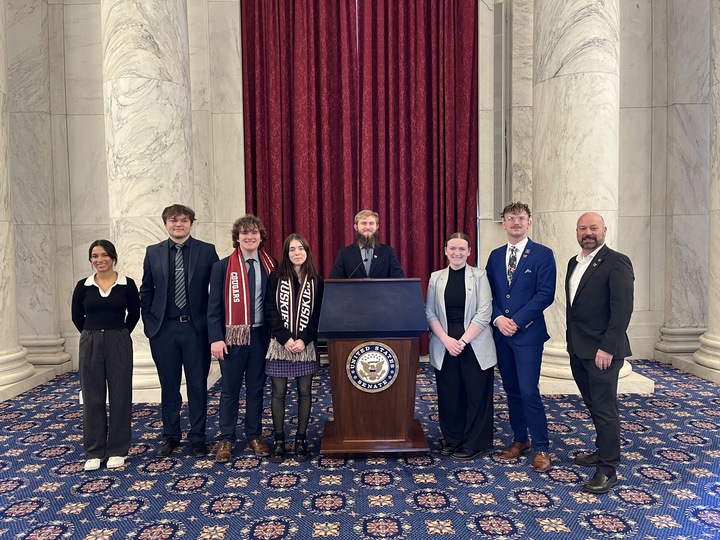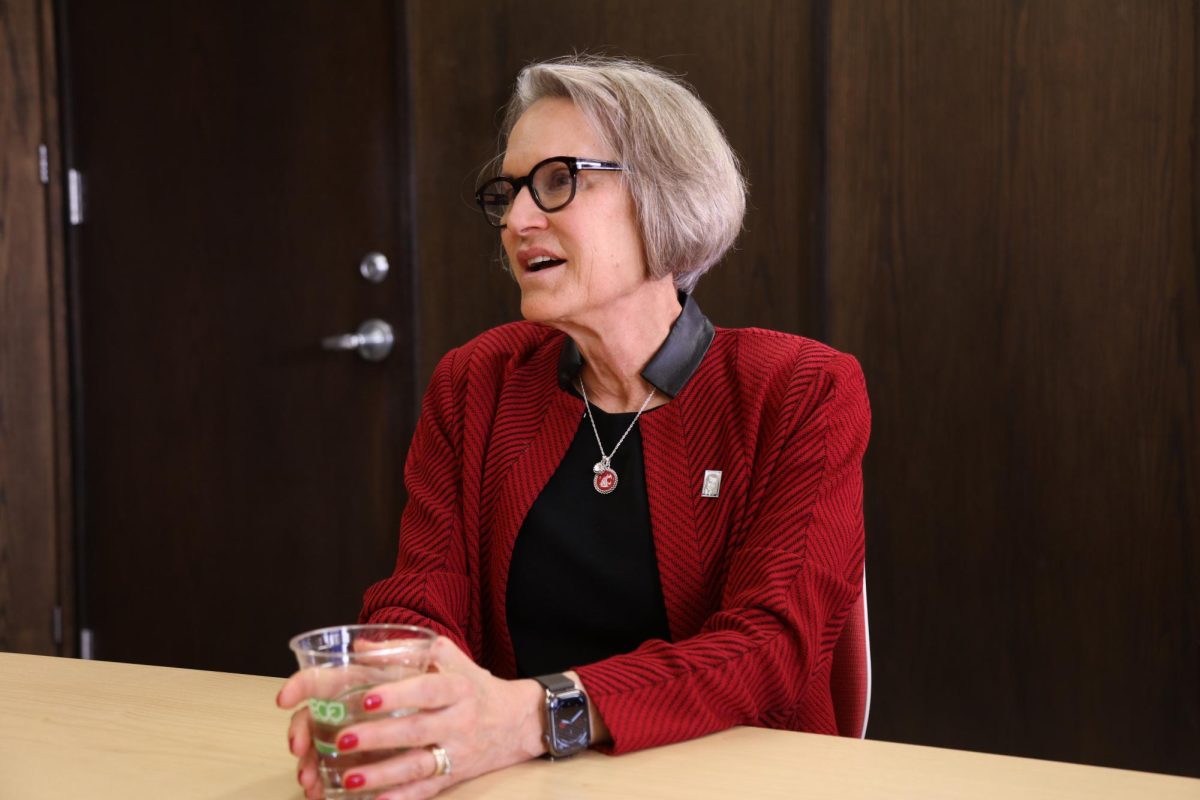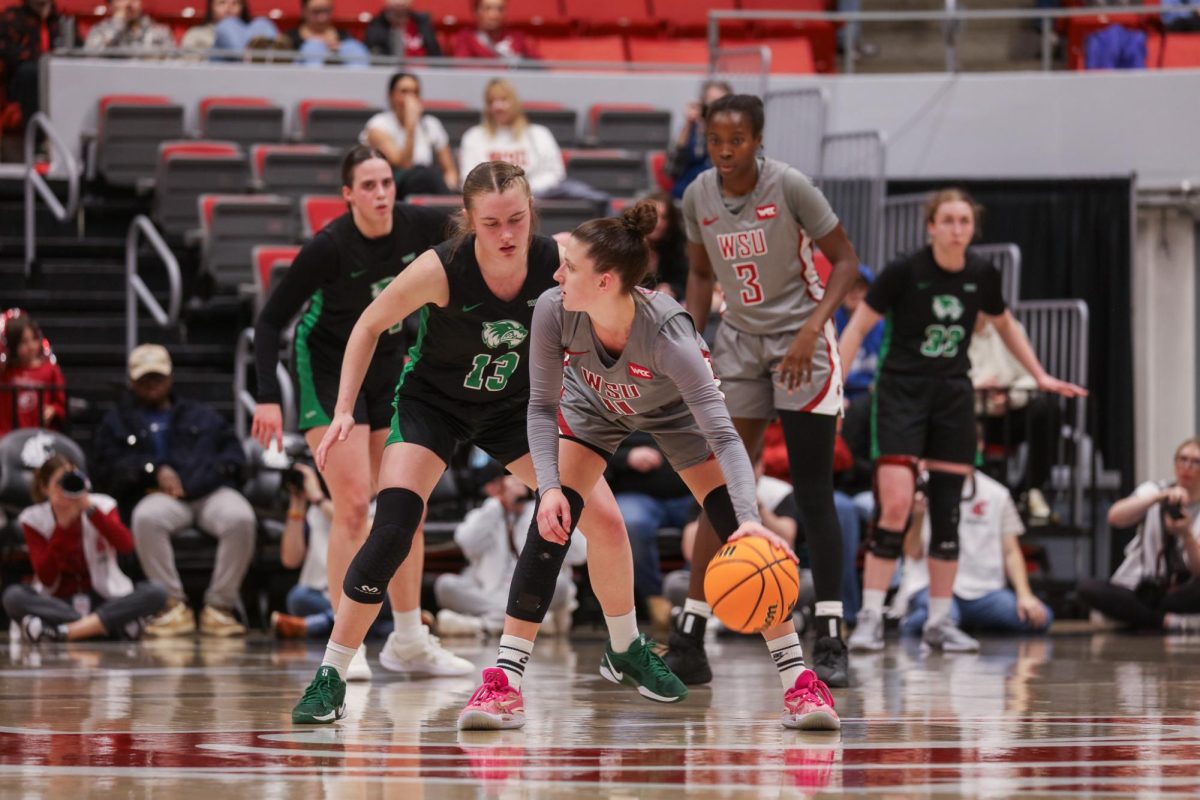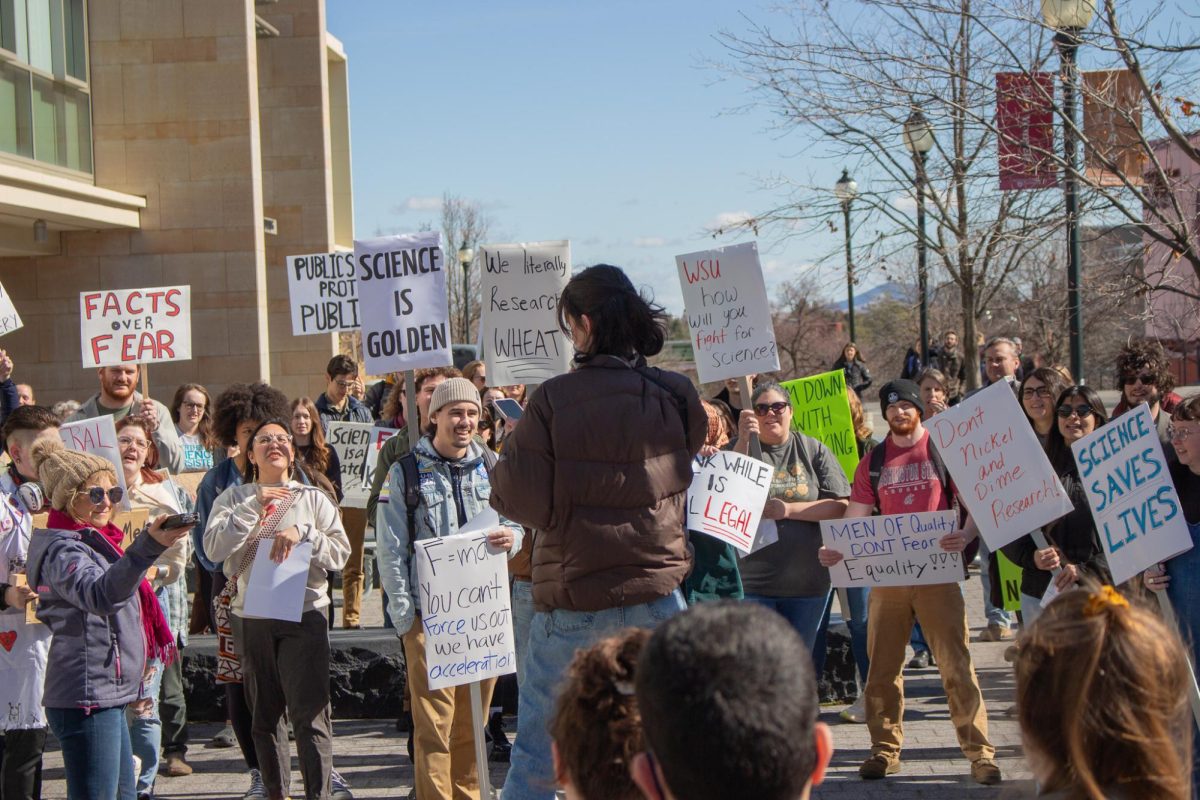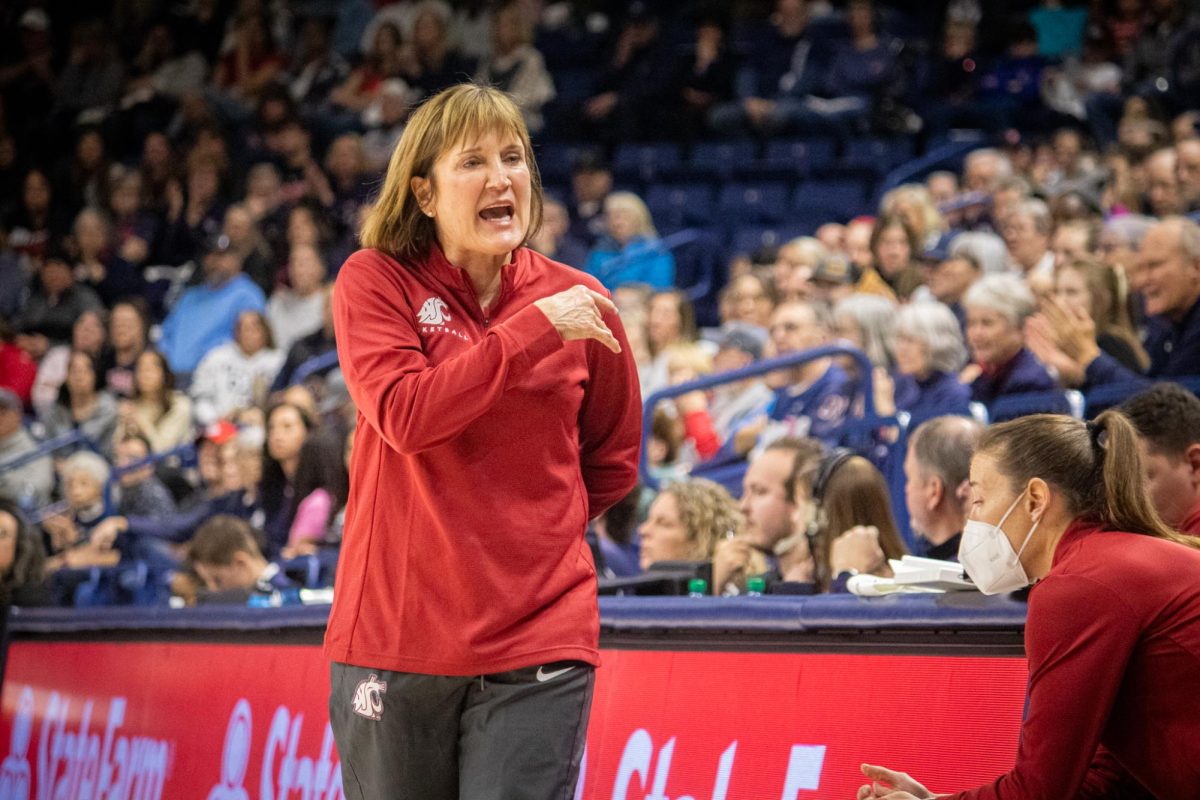The Washington Court of Appeals ruled Tuesday that WSU has a duty to protect students from foreseeable harm, including in off-campus situations, when a “special relationship” exists.
“Because WSU has a special relationship with its recognized fraternal organizations, we conclude that it owed a duty to use reasonable care to control the fraternity and protect Sam from the foreseeable harms of fraternal hazing and alcohol misuse,” Judge Bowman said in his opinion.
In the Court’s decision, Judge Bill Bowman overturned a lower court’s summary judgment that dismissed the lawsuit brought against WSU by the family of Sam Martinez.
Martinez was a 19-year-old student at WSU who died in a 2019 hazing incident involving alcohol at the Alpha Tau Omega fraternity house. After his death, his family sued the university, arguing WSU had the duty to protect Martinez and other students from hazing incidents.
On summary judgment, a lower court dismissed the claims brought by Martinez’s family, citing the Court’s opinion that WSU had no duty to protect Martinez or other students in off-campus settings.
On appeal, the summary judgment was overturned. According to the opinion of the appeals court, valid negligence claims must simply prove the defendant had a duty to care for the plaintiff, which the Court held the plaintiff demonstrated through a “special relationship” between student organizations and the university.
“In sum, while WSU did not have a statutory duty or any remaining common law duties to protect Sam, it does have a duty arising from its special relationship with its recognized fraternities,” Bowman said. “So, WSU had a duty to use reasonable care to control [WSU Pullman’s chapter of Alpha Tau Omega] and protect Sam from the foreseeable harms of hazing and alcohol misuse.”
Notably, the Court’s decision does not find WSU liable of any wrongdoing. Rather, the Court’s decision simply overturns the lower court’s decision to issue summary judgment and remands the case back to the trial court.
In reversing the trial court’s decision to dismiss the claims brought by Martinez’s family, the appeals court reopened the possibility of negligence claims and remanded the case back to the trial court. The decision is also likely to force WSU to reevalute its relationship with student organizations and the potential liabilities that come with it.
This most recent ruling by the Washington Court of Appeals contrasts an earlier 2024 ruling from the Washington Supreme Court in a 2017 case.
In 2017, WSU Vancouver student Thomas Culhane requested a transfer to the Pullman campus, according to an earlier Daily Evergreen article. WSU approved the transfer, despite multiple ongoing investigations into Culhane for sexual misconduct.
Shortly after Culhane arrived in Pullman, he raped a student at an off-campus party. He was convicted for this rape in 2019, according an earlier Daily Evergreen article.
The student Culhane raped sued WSU for approving the transfer, claiming they knowingly put the entire campus in danger when the university had a responsibility to protect its students. After a federal judge sided with WSU in 2021, dismissing the lawsuit citing the nature of the rape occurring off campus, the student filed an appeal with the state supreme court.
In 2024, the Washington Supreme Court reaffirmed the federal court’s ruling in a 5-4 decision. In doing so, the Court closed the doors on any claims Culhane’s victim could have brought and established the precedent that there exists no obligation of the university to protect its students in off-campus settings.
In the case of Sam Martinez, the appeals court clarified universities do have the obligation to protect students when there exists a special relationship between student organizations and the university. This special relationship is the foundation of the university’s duty to protect its students.



